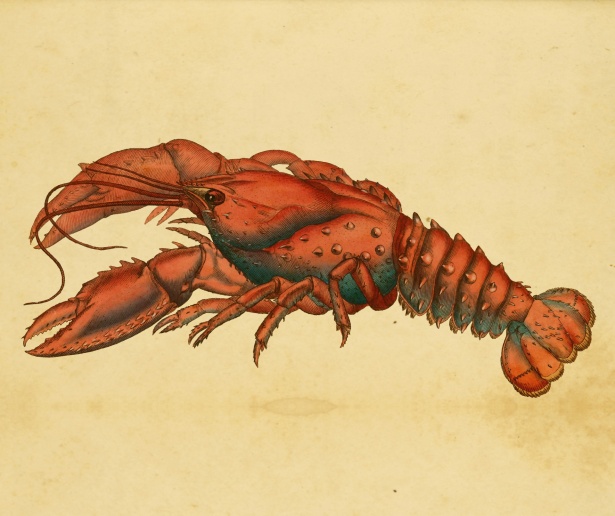
It sounds like the setup of one of those cheesy SyFy Channel movies featuring sharks, tornadoes, and all manner of mutant and/or cyborg airborne seas creatures. But, alas, Lobster versus Right Whale isn’t nearly as goofy.
No, the waters off the coast of Maine have long been treated like a productive gold rush stream, with entire communities existing for the sole purpose of bringing back from the sea one of the most delectable creatures on the planet: The Maine Lobster.
But the longstanding and economically vital industry has come under attack, as environmental stewardship groups continue to pressure retailers to drop the product on account of their concerns over the Right Whale population in the area. (Mind you, there is exactly zero documented evidence of a Right Whale ever dying on account of an encounter with lobster fishing gear).
This week, the lobstermen are celebrating.
Lobsterman Curt Brown had already logged a full day on the water by the time he pulled up to a fishing wharf just blocks from downtown Portland restaurants bustling with lunchtime diners.
The 250 to 300 pounds of lobster he had hauled up from the cold Maine waters could land on a plate just up the street – or in a restaurant on the other side of the globe. And on this chilly December day, Brown was feeling more hopeful about the prospects for Maine’s iconic lobster industry.
“I think our industry, for the first time in a long time, can see a ray of sunshine and feel optimistic that the hard work we have been doing is being recognized,” Brown said.
The optimism was well warranted.
Just a day earlier, the lobster industry had received welcome news in the fishery’s years-long battle with environmental groups over protections for the endangered North Atlantic right whale.
The state’s congressional delegation – which has locked arms with Maine’s billion-dollar lobster industry – had pulled off a procedural end-run by inserting a 6-year delay on new federal fishing regulations into a $1.7 trillion spending bill.
For Maine’s 5,000 licensed commercial lobstermen, it meant a reprieve from rules that they warned could destroy their industry – and decimate coastal communities – by forcing them off the water in some areas for months at a time and eliminating the vertical lines of rope connecting a string of traps on the bottom to a buoy on the surface. Those lines can become wrapped around whales’ fins or lodged in their mouths. But “ropeless” fishing gear, which relies on technology to allow fishermen to call a trap up to the surface, is still in development and is not available on a wide scale commercially.
To that we say cheers, and please pass the butter.








